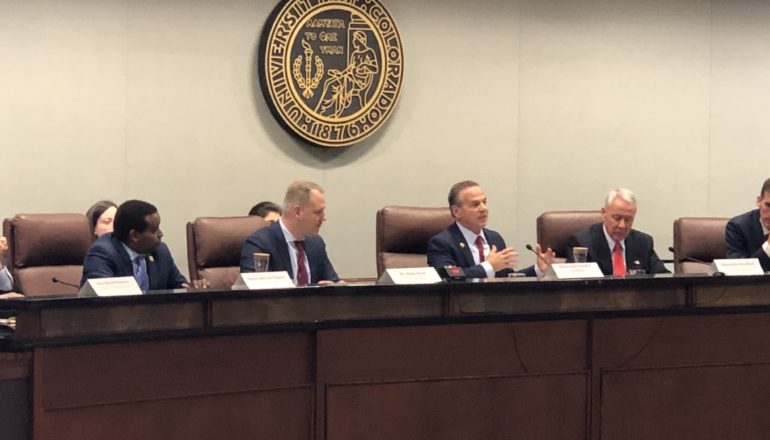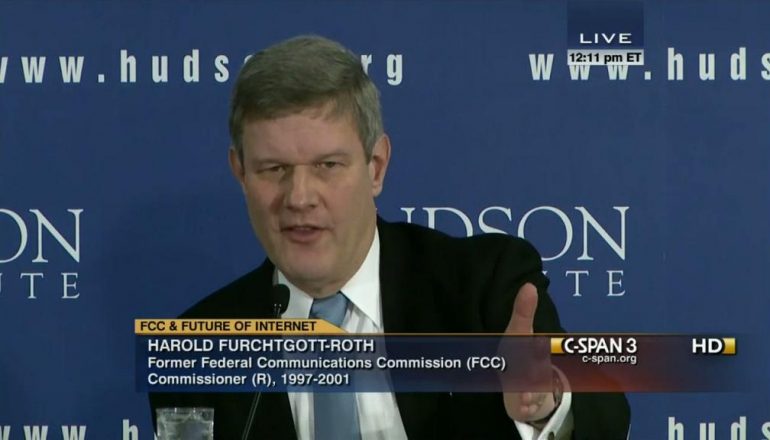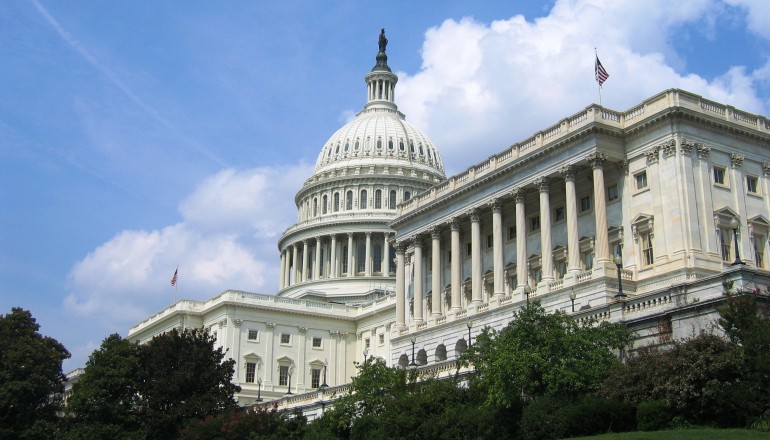Shane and Richard on Dominant Platforms and Market Power
So we have a number of issues that may or may not be lawful but are pretty clearly unfair and anti-competitive. What’s Congress going to do about platform power and competition? This question remains to be answered, but the podcast suggests a good way for it to start.
With Friends Like Google…
A tip for the politicians of the future who want to address the markets for information and influence: don’t forget to buy your Google Ad Words or you’ll never get elected.
The Internet’s Lost Decade
Net neutrality sucked the oxygen out of Internet policy for a decade, turning every discussion of Internet policy into a debate over the best way to ensure the Internet remained true to this newly discovered foundational principle of the Internet. But these promises were hollow because net neutrality only applied to one part of the Internet, data transmission between consumers, Internet-based businesses, and Internet Service Providers.
Botched Research on Broadband Investment
To the extent that advocates have praised the Hooton study, they have done so by taking its claims at face value without examining the methodology or by simply expressing glee that Hooton got the “right answer” that comports with their project.
Is it Time to Reboot Internet Policy?
None of the proposals for ISP regulation or platform regulation currently in the mix are very good. If the Internet is good for anything, it’s a great disruptor. Is is too much to ask it to disrupt its own policy frameworks toward the goal of producing more of the good and less of the bad?
Harold Furchgott-Roth on mmWave and Economics in Policy Making
In this podcast, Furchgott-Roth discusses the book, his roles in Congress and at the FCC, the current controversy over 5G mmWave interference, and the role of the World Radio Conference in setting standards for spectrum use around the world.
Save the Internet Act Doesn’t
It’s reasonably clear that Internet regulation is now blowing up in our faces: Congressional Democrats are intent on raising the 2015 OIO from the dead, but for reasons that appear to be totally political. Meanwhile, data brokers make hay with our browsing histories and nobody but the Europeans seems to care.
Sharing Federal Spectrum by Contract
Applications that can’t be supported by LTE and its progeny probably can be supported by a small number of alternative technologies that have commercial applications. So sharing by contract should be the default mode.
Judge Kavanaugh and the Internet
Changing ISPs from their historic status to Title II is a move the FCC can’t make without Congressional authorization. This is especially true given the 1996 Telecommunications Act clearly declares ISPs to be information services. There is no clue in the ’96 Act that substituting dial-up for broadband changes the nature of ISP service.












